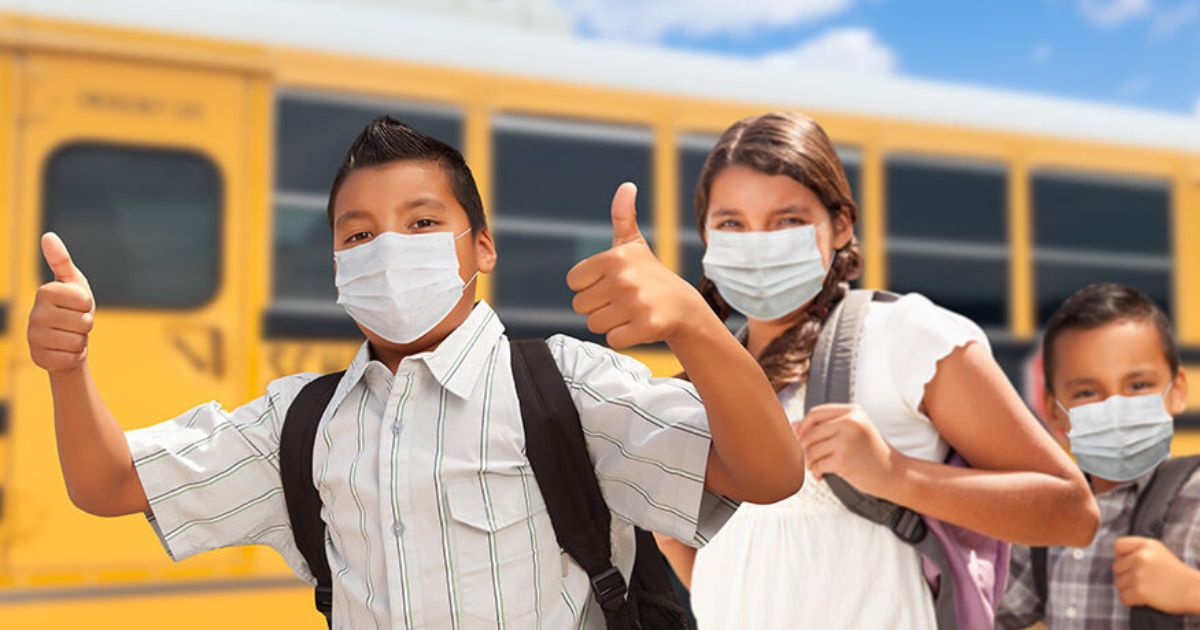In a state grappling with the aftermath of the COVID-19 pandemic, the efficacy and future of student and teacher mental health programming, funded by COVID grant relief funds, have been cast into uncertainty.
The Arizona Department of Education’s recent request for reports on the impact of these programs in addressing learning loss has raised concerns about the potential fate of these crucial initiatives.
Arizona Superintendent of Public Instruction, Tom Horne, has reached out to a select group of grant awardees, specifically targeting those focused on mental health and social-emotional learning.
Horne’s communication indicated that the department is actively evaluating the utilization of grant funds and requested “evidence of the measurable results you have had from your expenditures in improving the academic performance of students.”
The inquiry into the effectiveness of these programs comes at a pivotal moment when the state is navigating the complexities of pandemic-induced learning loss and striving to ensure that students receive the support they need.
Critical Funding for Student And Teacher Mental Health
The Arizona Department of Education’s decision to assess the impact of mental health and social-emotional learning programs is part of a broader effort to address the educational challenges that emerged during the pandemic.
While the COVID-19 crisis disrupted traditional learning environments, it also intensified the need for mental health resources among students and educators.
The state’s inquiry aims to determine whether these programs have effectively addressed the academic performance of students, particularly in the context of the pandemic’s disruptions. As the department delves into this evaluation, the fate of grant funds allocated for these initiatives hangs in the balance.
Mental health support has emerged as a critical component of the educational landscape in Arizona, as students and educators grapple with the psychological toll of the pandemic. COVID relief funds have played a pivotal role in establishing and sustaining mental health programs within schools.
These programs encompass a wide range of services, including counseling, therapy, and social-emotional learning interventions.
Their primary objective is to provide students and educators with the tools and resources necessary to cope with the emotional and psychological challenges posed by the pandemic.
The looming uncertainty regarding the fate of grant funds has left educators, students, and mental health advocates anxious about the future of these essential services.
While Doug Nick, a spokesperson for the Arizona Department of Education, has refrained from confirming whether grant funds will be rescinded, he has stated that the department will be holding a press conference on September 5th.
The forthcoming press conference is expected to shed light on the department’s decision regarding the grant funds.
Educators, mental health professionals, and community members are eagerly awaiting this announcement, hoping for a resolution that prioritizes the well-being of students and educators.
The delicate balance between addressing academic learning loss and supporting mental health needs is at the heart of this debate.
While there is a clear recognition of the importance of academic performance, it is equally essential to acknowledge the profound impact of mental health on a student’s ability to learn and succeed in the classroom.
The pandemic has underscored the interconnectedness of mental health and education, emphasizing the need for comprehensive support systems that address both aspects.
Advocates argue that mental health programs not only promote emotional well-being but also contribute to improved academic outcomes.
The fate of these mental health programs is not merely a matter of administrative decision-making; it is a community-wide concern.
Students, parents, educators, and mental health professionals are invested in ensuring that these vital resources continue to be available to those who need them.
As the Arizona Department of Education’s evaluation unfolds and the September 5th press conference approaches, the hope is that a solution will be reached that recognizes the critical role of mental health support in the educational recovery process.
Ultimately, the decision will shape the educational landscape in Arizona and determine whether students and educators will continue to have access to the mental health resources necessary for their well-being and success.


























